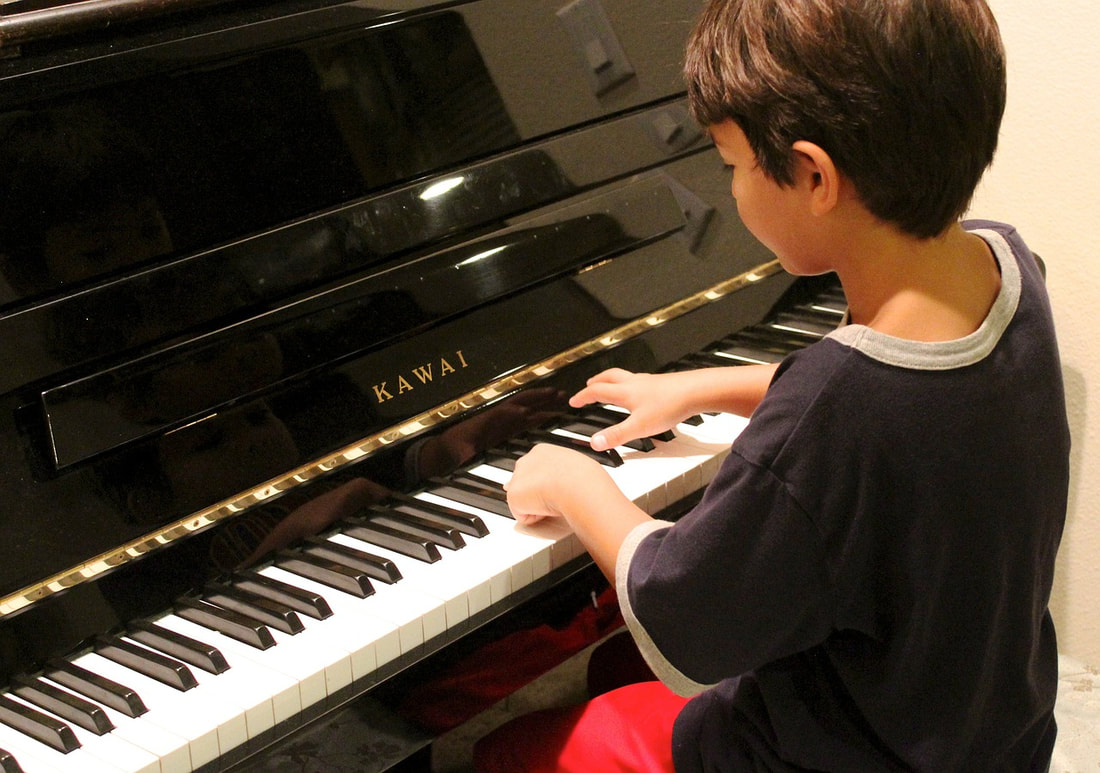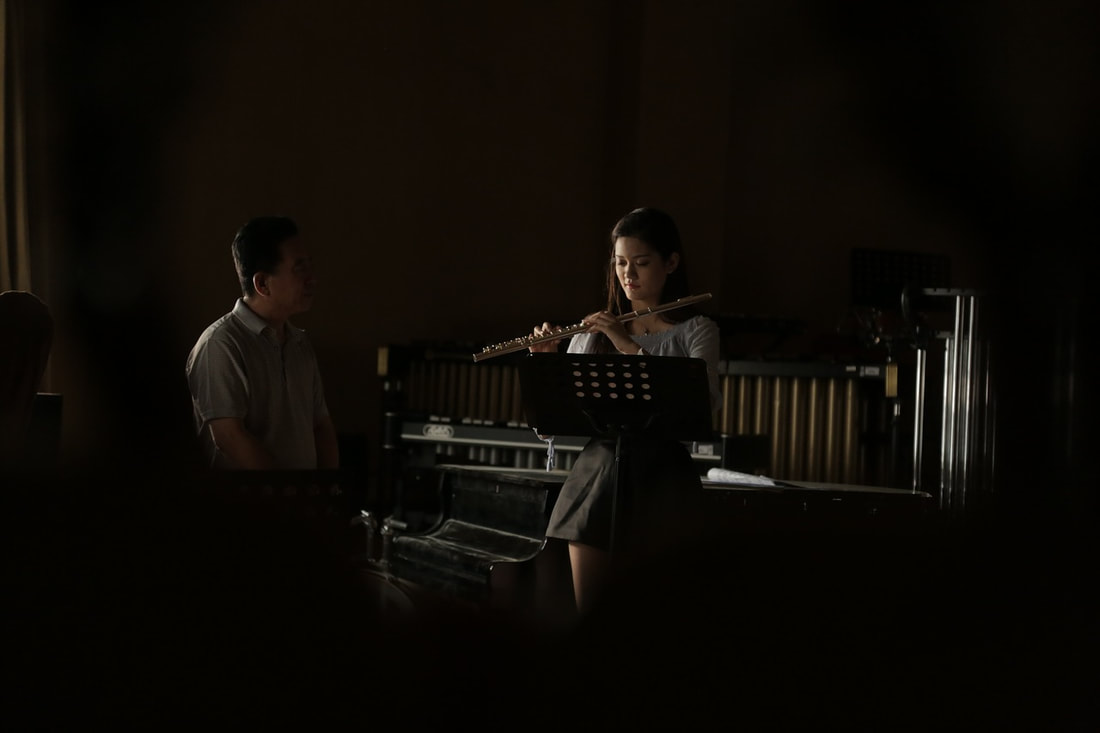|
Of all the extracurricular activities that children participate in, music lessons offer kids the ability to hone a unique set of skills and gain useful advantages, including the ability to express themselves creatively, improve their academic skills, learn discipline, and familiarize themselves with other cultures. If you’re considering enrolling your child in music lessons for the first time, read through the answers to the following frequently asked questions that parents often have about children’s music lessons. Q: At what age should my child begin music lessons?A: In general, there is no universally applicable age at which your son or daughter should begin taking music lessons. Readiness for lessons depends largely on a child’s physical size, hand dexterity, attention span, and interest in learning to play music. Each of these factors will vary widely from child to child, and parents must decide whether their son or daughter is prepared to excel in music lessons on a case-by-case basis. Experts suggest that children around the age of five or six can successfully begin to take lessons on instruments like the piano, but even much younger children can enroll in more relaxed general music classes to encourage their interest in the subject as a whole. Q: What is the average cost of music lessons?A: There are many different types of music lessons for parents to choose from, with some coming at a greater expense than others. Rates for private lessons in your local area will vary based on the teacher’s experience, and will likely be much more costly than group lessons. Additionally, some instrument lessons can be taken as part of a school curriculum in band or orchestra class, though even these lessons are likely to cost families around $300 between instrument rentals and other related activity costs. Q: What should I look for in a music teacher? A: If you choose to enroll your child in lessons with a private music teacher, there are certain qualities that all parents should look for in potential instructors. Apart from having a reasonable amount of experience in the subject, a children’s music teacher should be engaging, patient, communicative, and goal-oriented. He or she should have an obvious love for music. In addition, it’s extremely important that he or she also have a teaching style that suits your child’s personality. A child who does not respond well to an instructor’s methods may come to resent the teacher, and ultimately it may negatively affect your child’s interest in music. Q: How long should the average music lesson be? A: The length of the average music lesson will depend on a child’s age, but for most children under 12, half-hour lessons are a good start. Though this estimate is not applicable in all circumstances, 30-minute lessons will help keep your child’s attention span on the task at hand. Young kids can become restless and tune out when lessons stretch beyond the 30-minute mark, though every child is different. Ultimately, the right lesson length will be one in which your child feels engaged and reasonably focused the entire time. In addition, keep in mind that your child should also spend time practicing his or her instrument in addition to attending lessons. Q: How can I help my child as he or she learns to play an instrument?A: There are many simple yet effective ways that you, as a parent, can help you child excel as he or she learns to play. For example, creating a special space in your home for your child’s musical pursuits may help him or her stay focused and avoid distractions when it comes time to practice. Additionally, it can be extremely supportive for parents to show interest in their child’s music—especially if the parent acts more as an audience member rather than a critic. It’s also helpful to ask children open-ended questions so they can demonstrate their knowledge and commit concepts to memory. Q: How long will it take for my child to learn to play an instrument?A: Like so many aspects of learning to play an instrument, the time it takes to reach a reasonable level of proficiency will differ with each child, and there is no straightforward answer. However, the one thing that all children can do to improve their abilities on any given instrument is to practice regularly. Routine, focused practice is the key to developing the skills necessary to play with proficiency, and no child can reach his or her music goals without it. It’s also important to note that children who begin several years of lessons at an older age (like nine) are likely to see significantly more progress in that multi-year period than a child who takes several years of lessons beginning at a younger age. Q: Should I allow my child to change instruments if he or she asks?A: In some cases, you may find that your child begins lessons on one instrument only to tell you that he or she wishes to switch over to another. Experts suggest that allowing your child to switch over to a new instrument is reasonable if the child has dedicated several months of practice to the instrument before deciding to cast it aside. However, make sure that your child is not simply frustrated with his or her inability to play well after very little time. As a general rule, encourage your child to give an instrument several months of practice before he or she decides to try something new.
Comments are closed.
|
Photo used under Creative Commons from Marina K Caprara



 RSS Feed
RSS Feed
